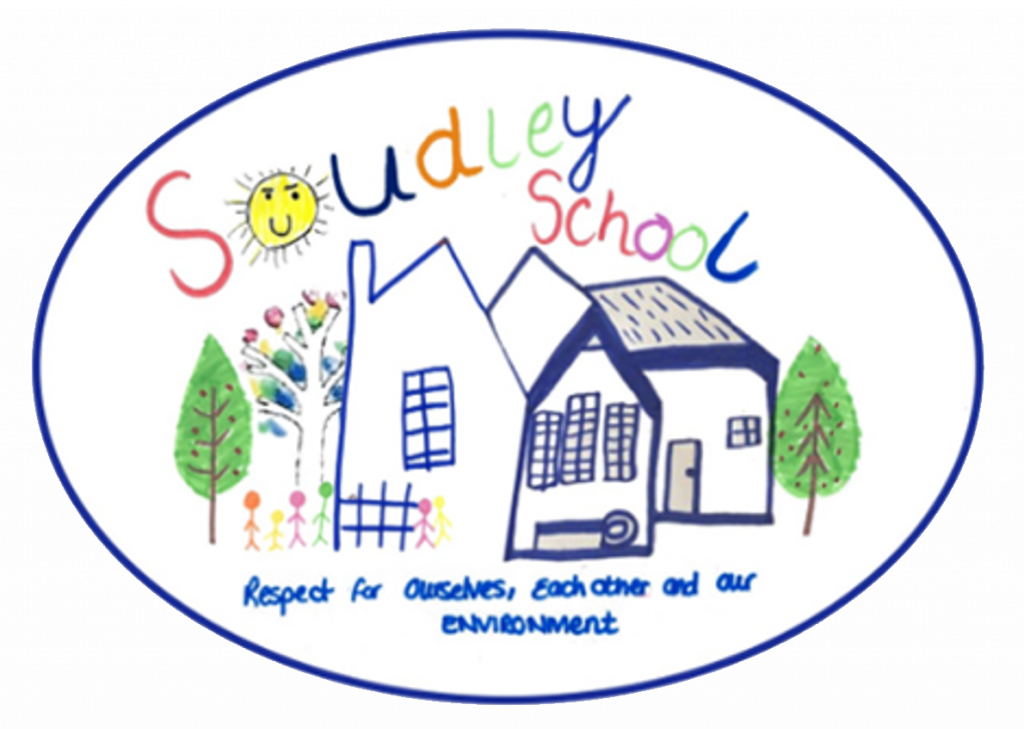Article 3 (best interests of the child) The best interests of the child must be a top priority in all decisions and actions that affect children.
Article 12 (respect for the views of the child) Every child has the right to express their views, feelings and wishes in all matters affecting them, and to have their views considered and taken seriously.
Article 28 (right to education) Every child has the right to an education
Click here for information about our Early Years curriculum:
Reception-Progression-of-Skills-2025-26
Hedgehogs-Long-Term-Plan-2025-2026
Through the implementation of our Early Years Policy, we aim to:
- Give each child a happy and positive start to their school life in which they can establish a solid foundation for a love of learning.
- Enable each child to develop socially, physically, intellectually and emotionally.
- Encourage children to develop independence within a secure and friendly atmosphere.
- Support children in building relationships through the development of social skills such as cooperation and sharing.
- Work alongside parents to meet each child’s individual needs to ensure they reach their full potential.
Four guiding principles shape our practice:
- Every child is a unique child, who is constantly learning and can be resilient, capable, confident and self-assured.
- Children learn to be strong and independent through positive relationships.
- Children learn and develop well in enabling environments with teaching and support from adults, who respond to their individual interests and needs and help them to build their learning over time. Children benefit from a strong partnership between the school and parents.
- Children develop and learn in different ways and at different rates.
To put these principles into practice, the school:
- Provides a balanced curriculum which takes children’s different stages of development into account.
- Promotes equality of opportunity and anti-discriminatory practice.
- Works in partnership with parents.
- Plans challenging learning experiences, based on individual needs, which are informed by observation and assessment.
- Implements a key person approach to develop close relationships with children.
- Provides a safe and secure learning environment.
